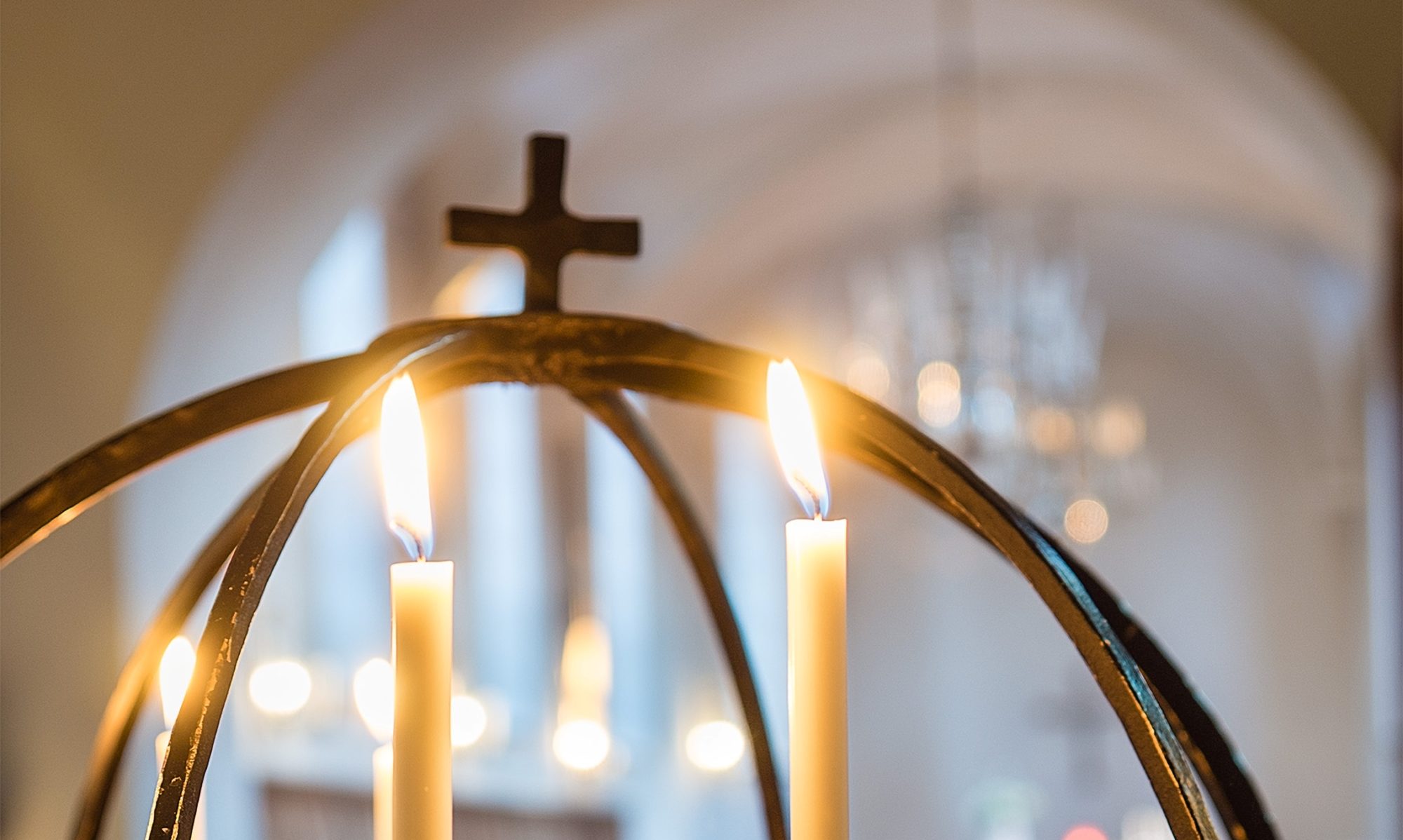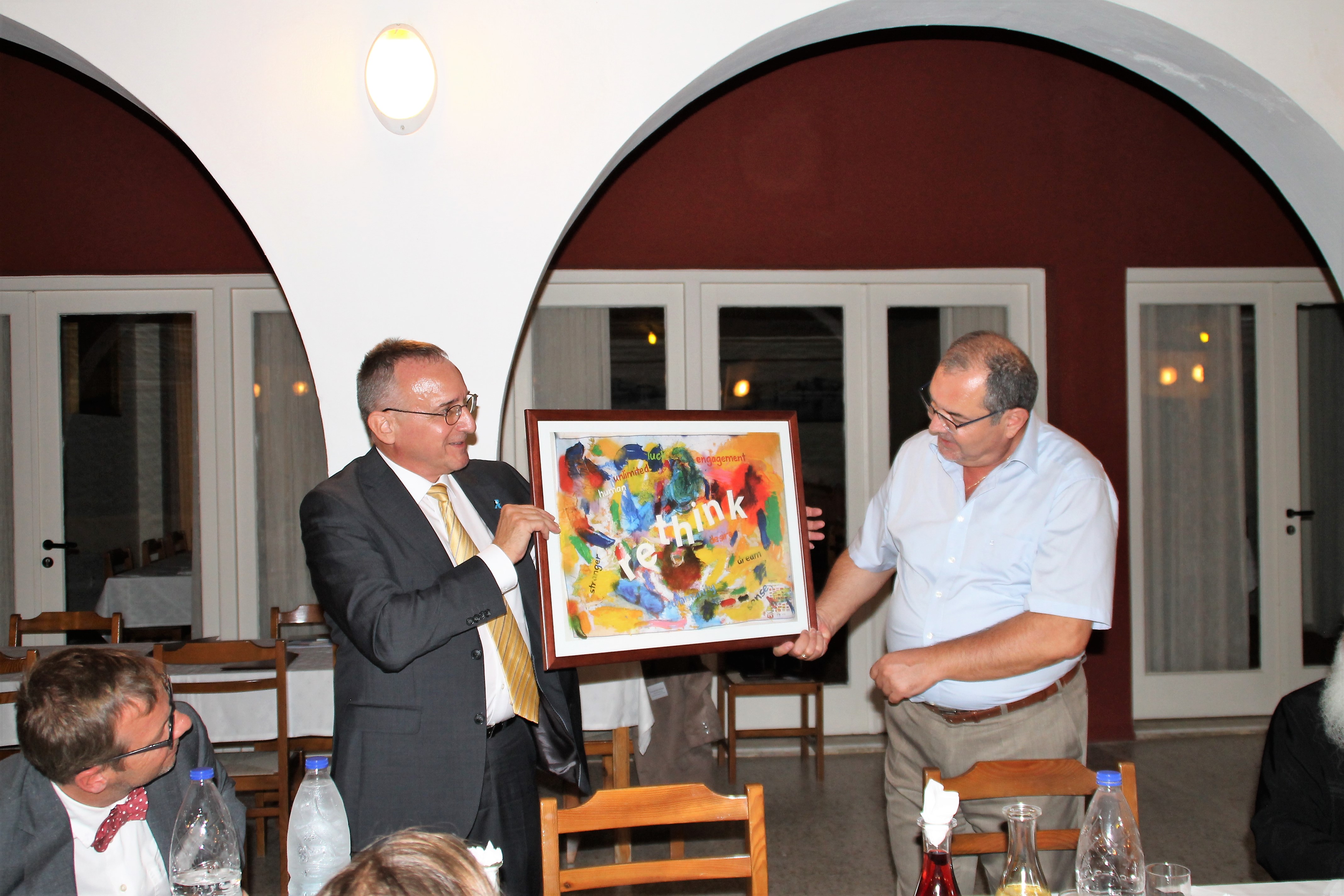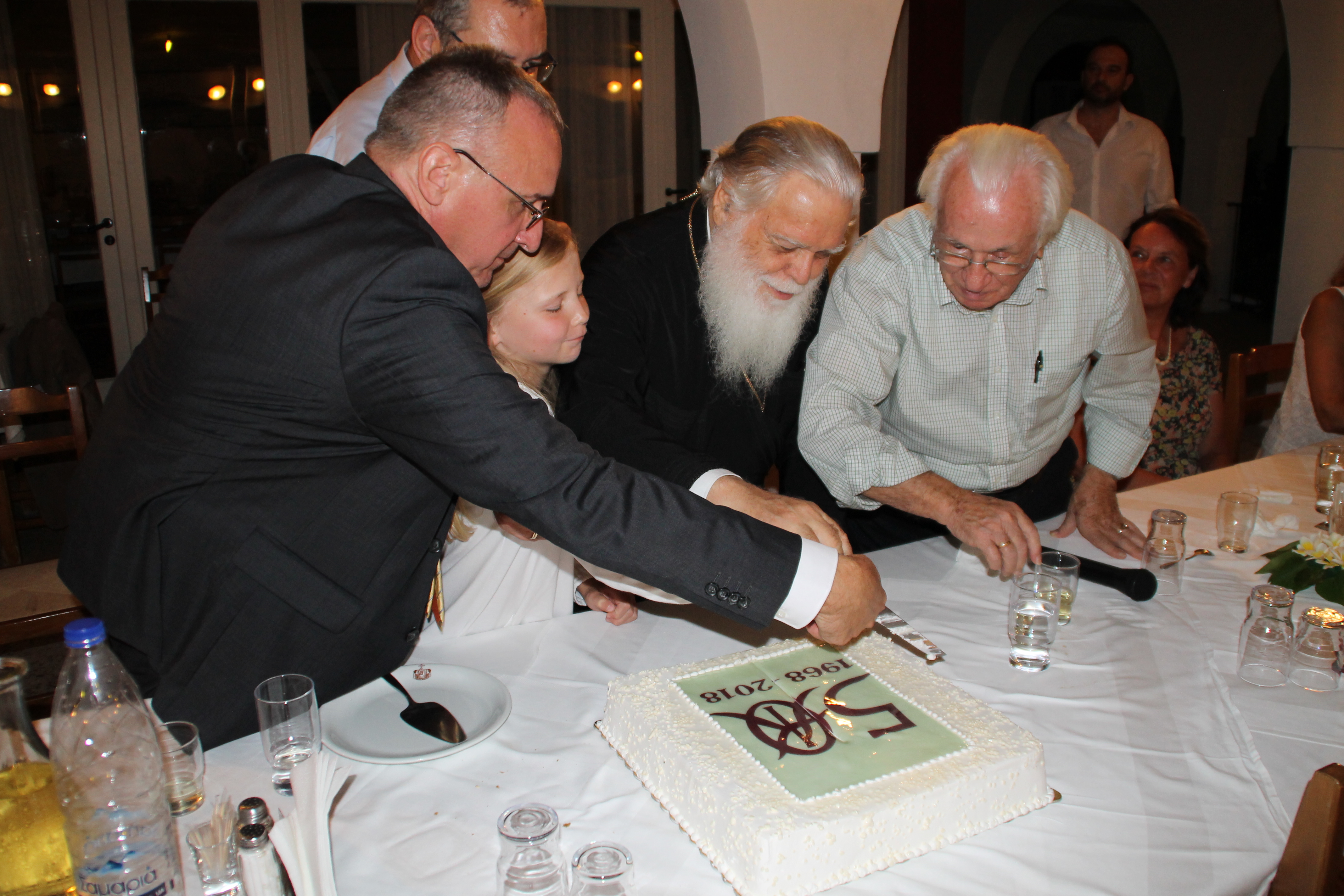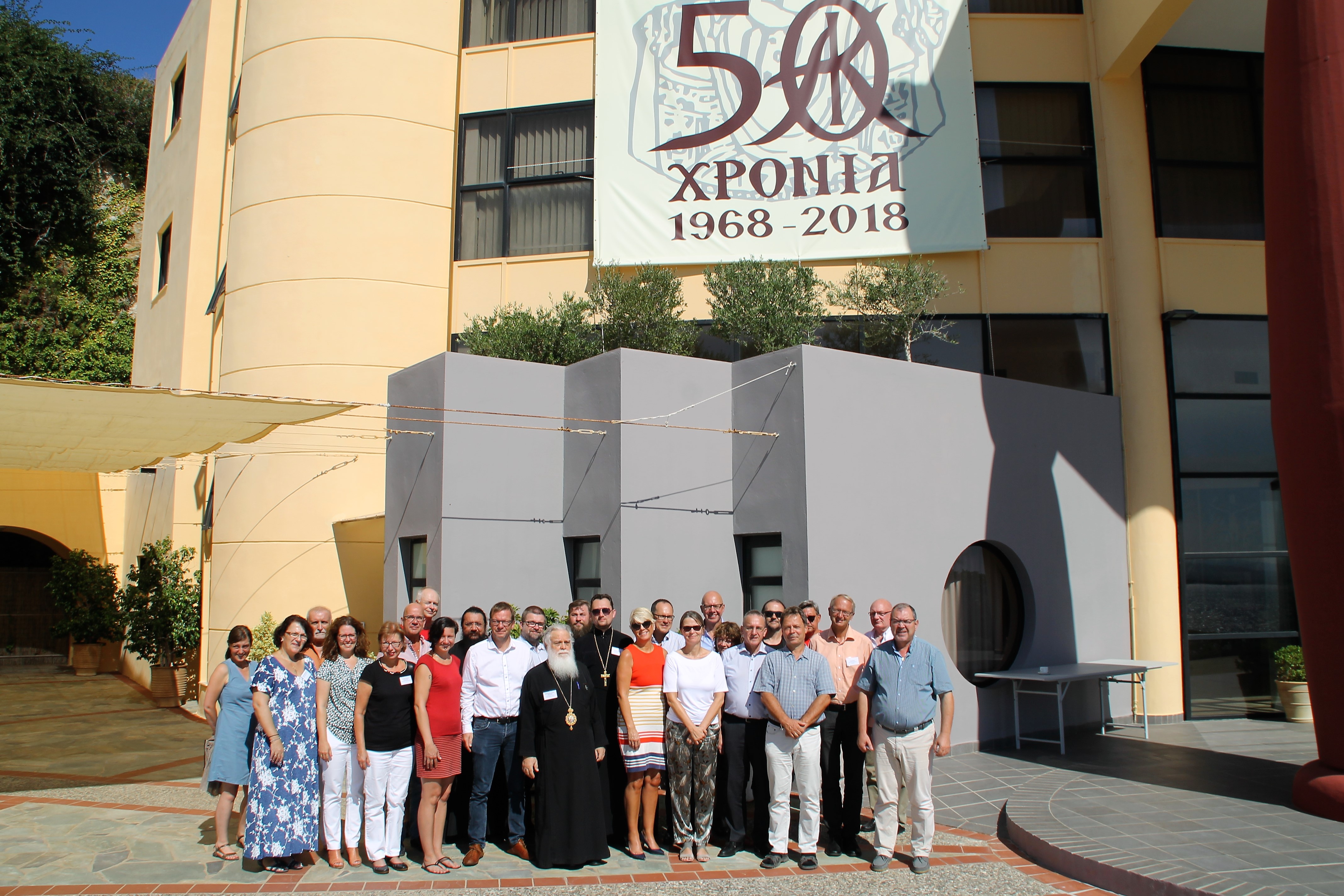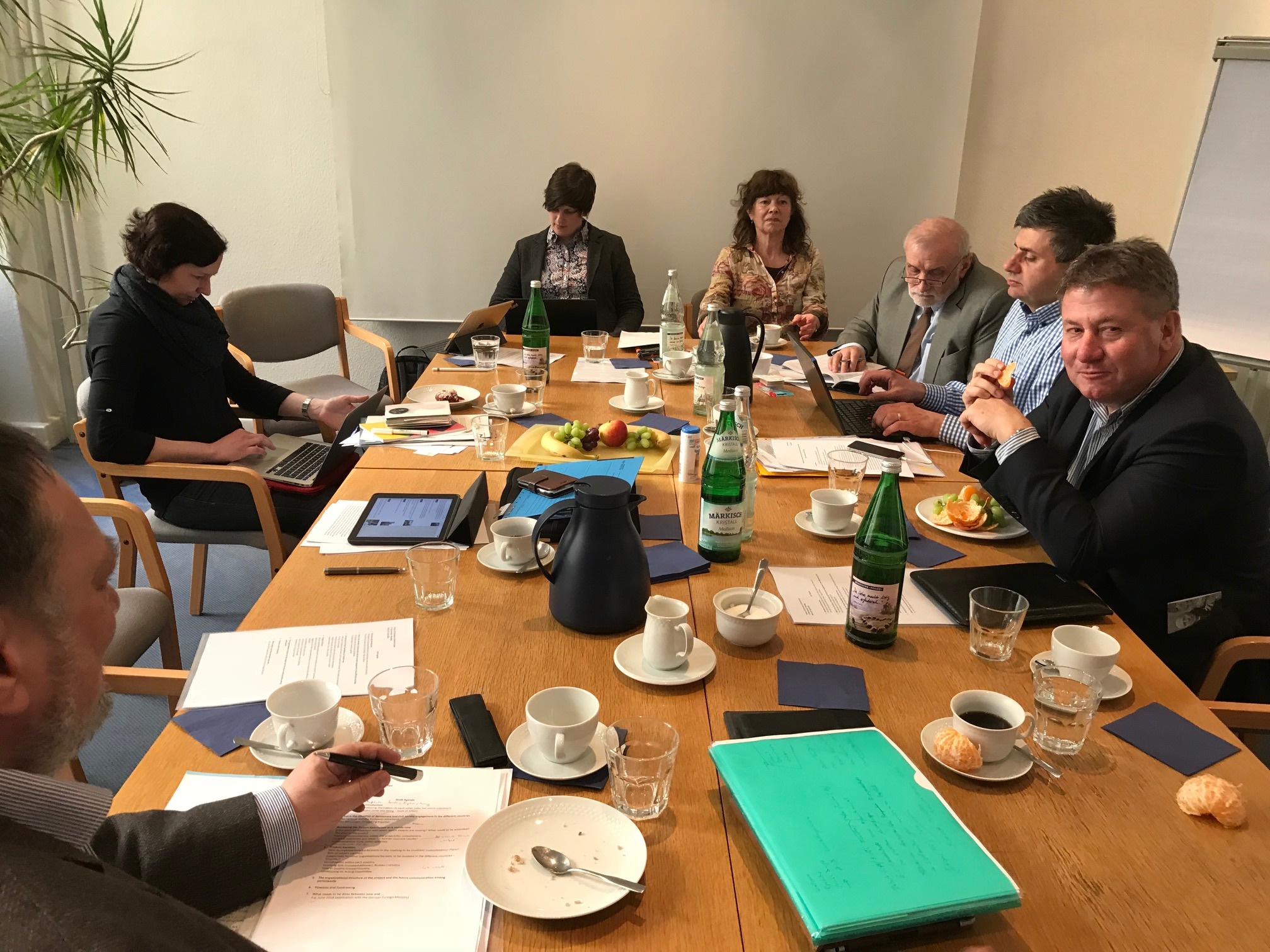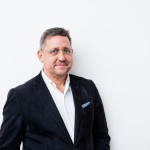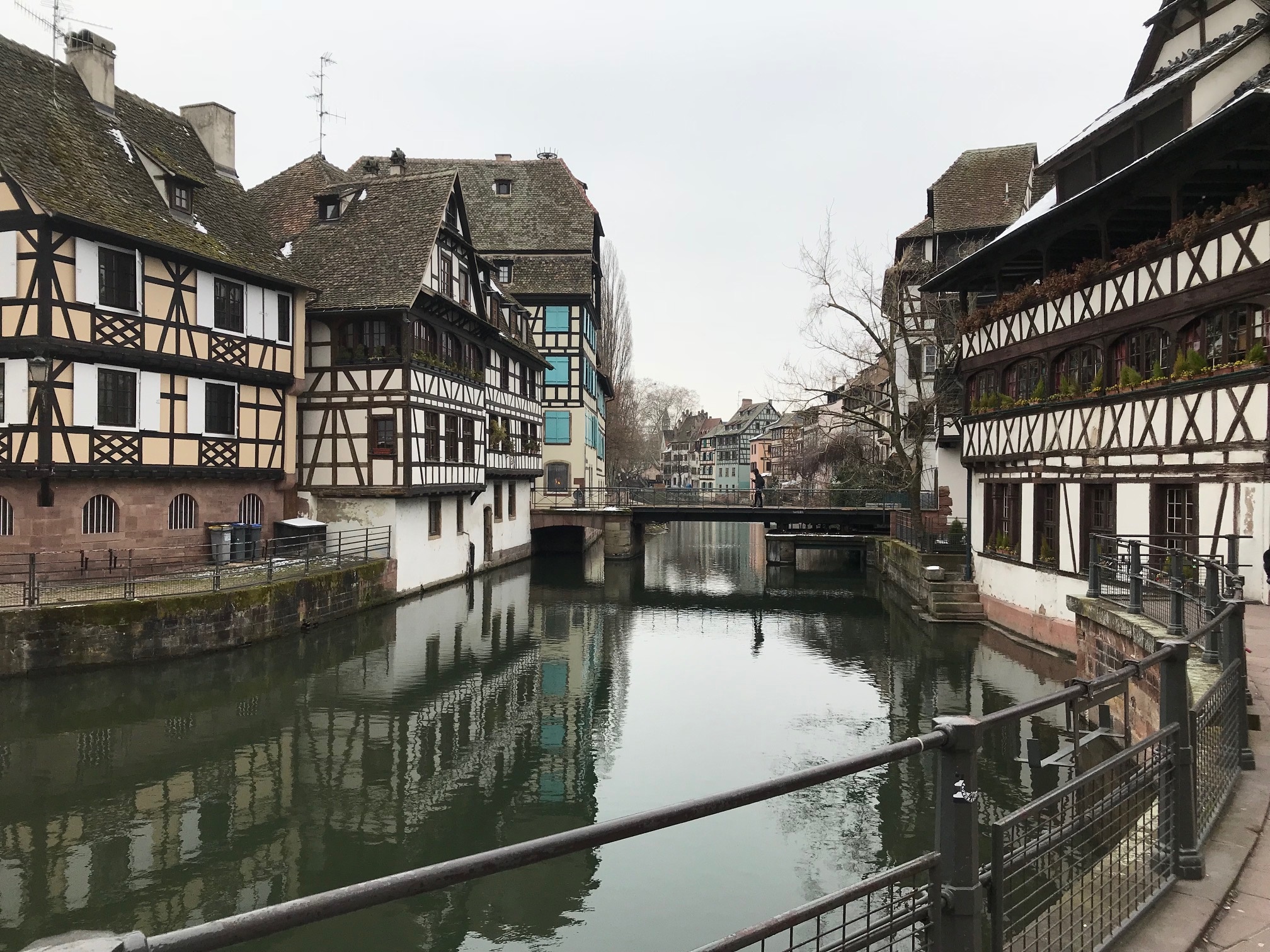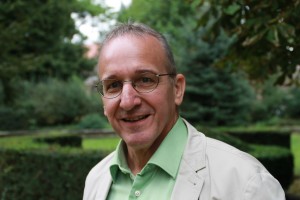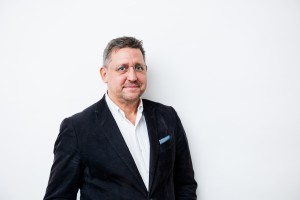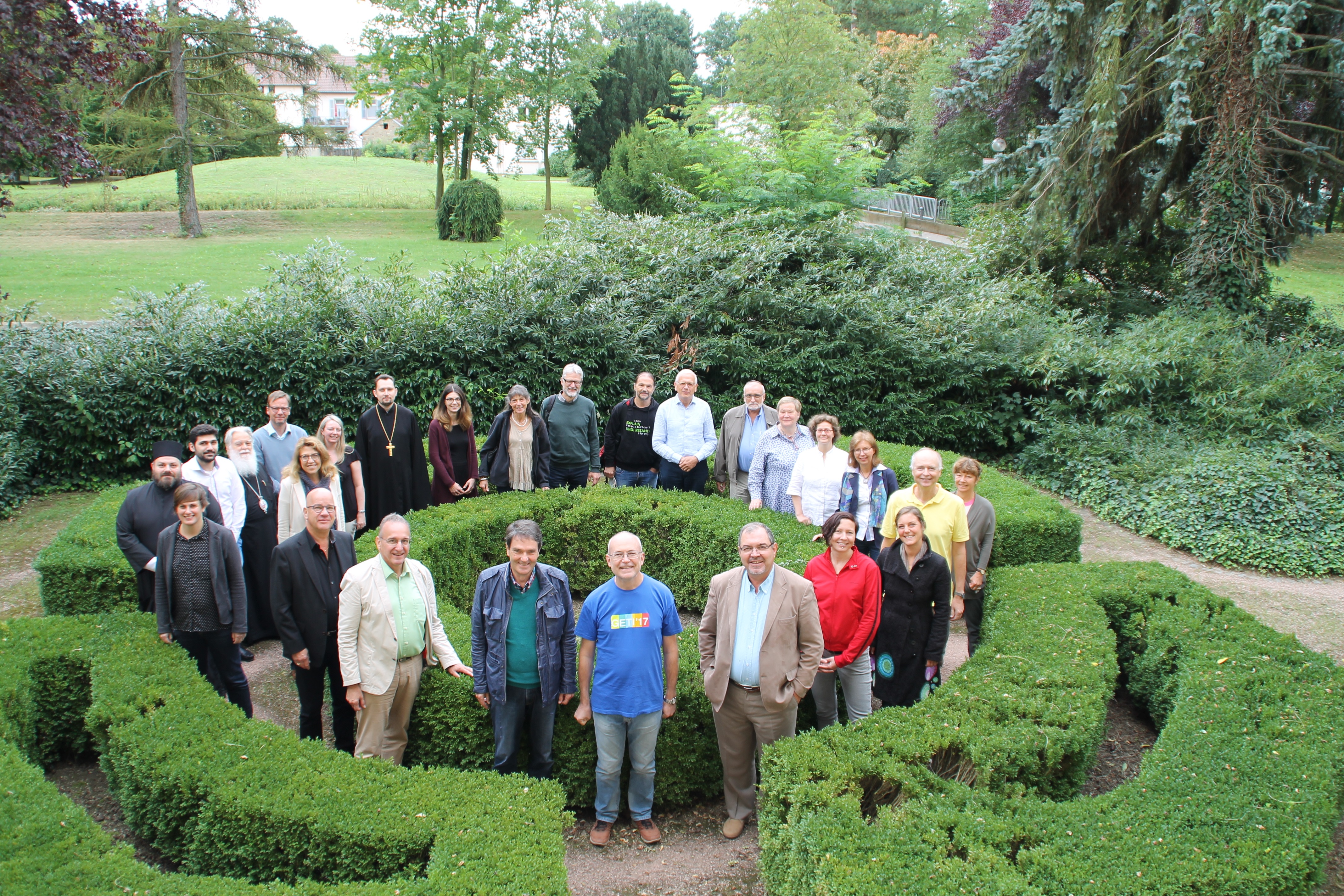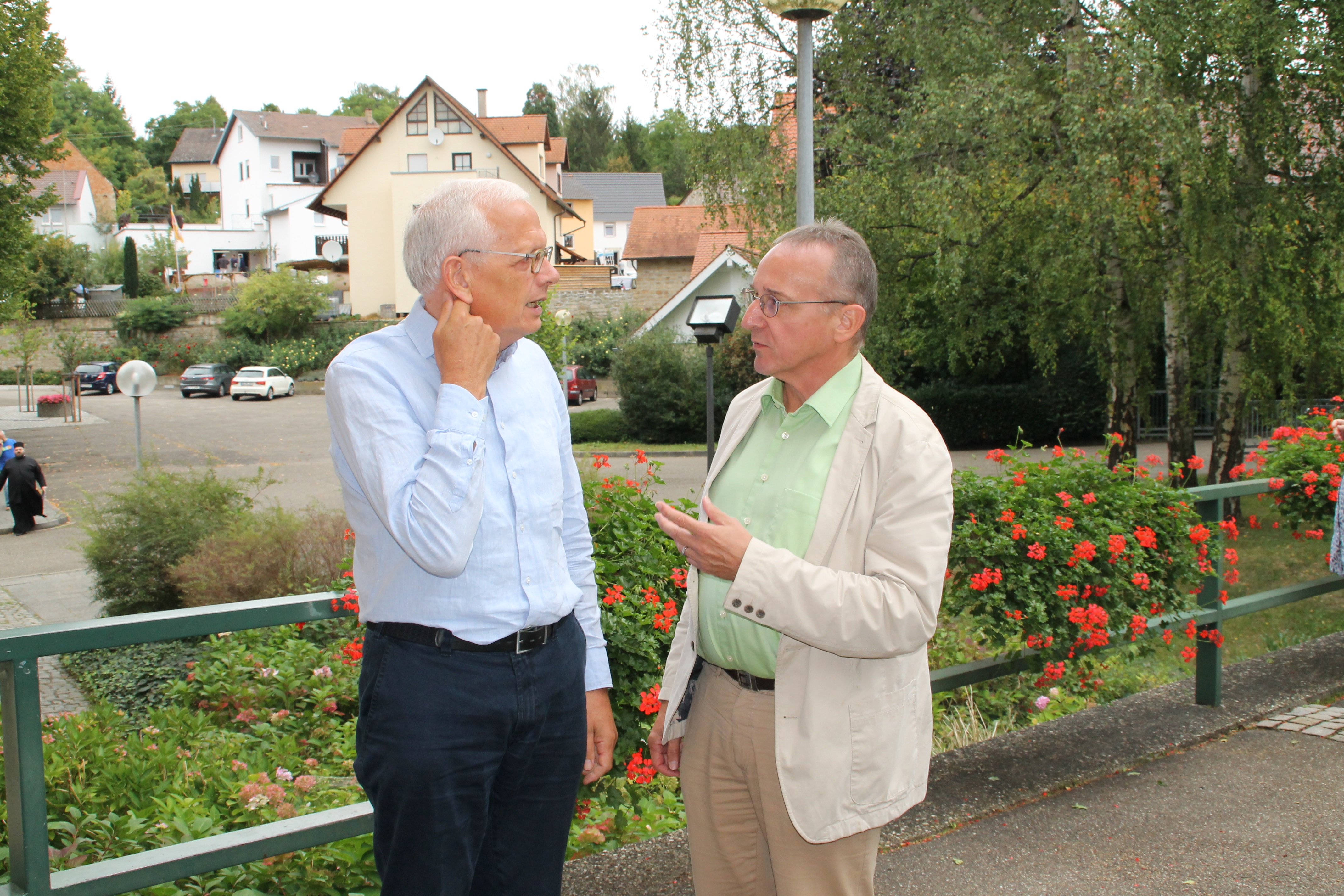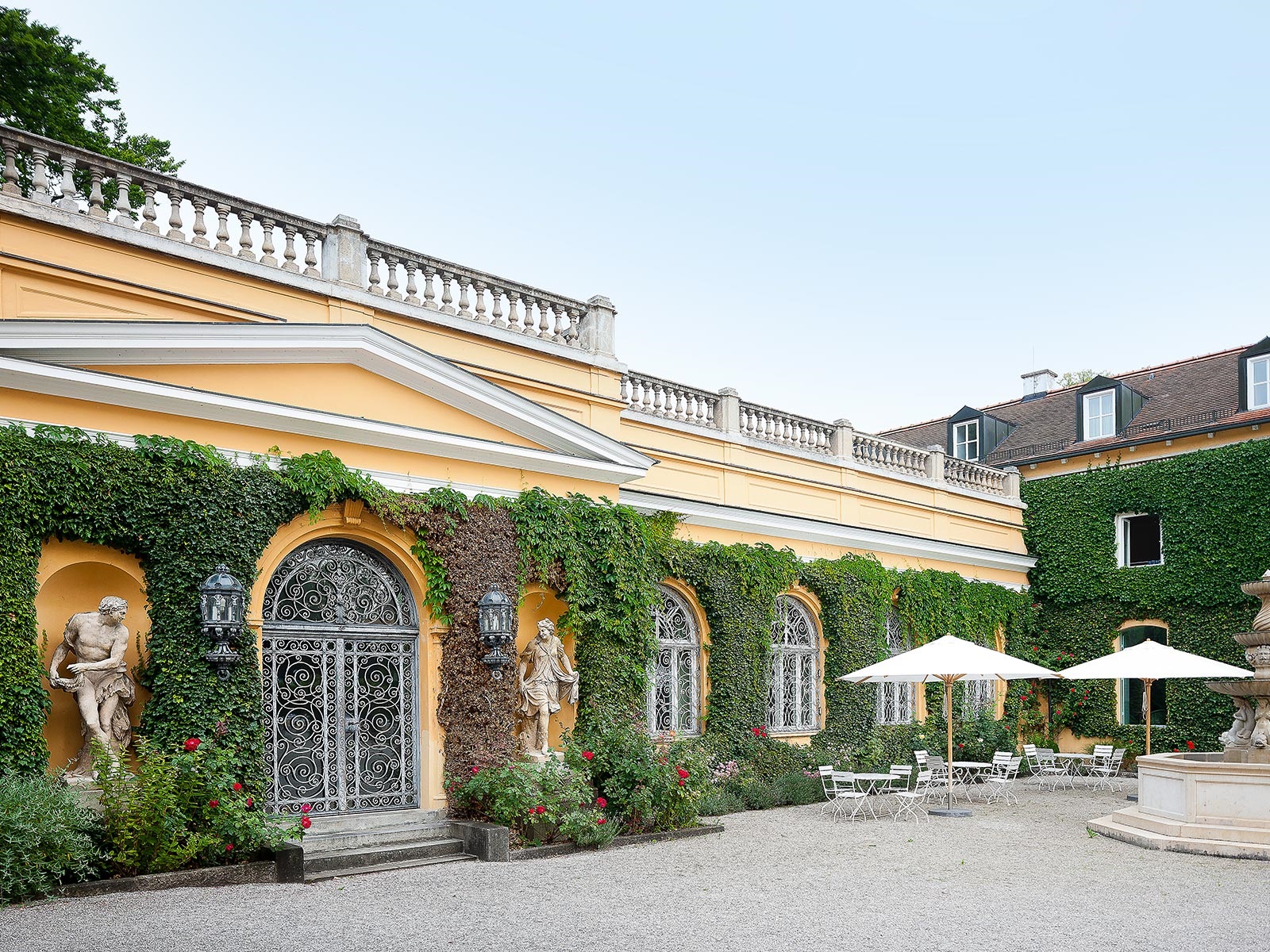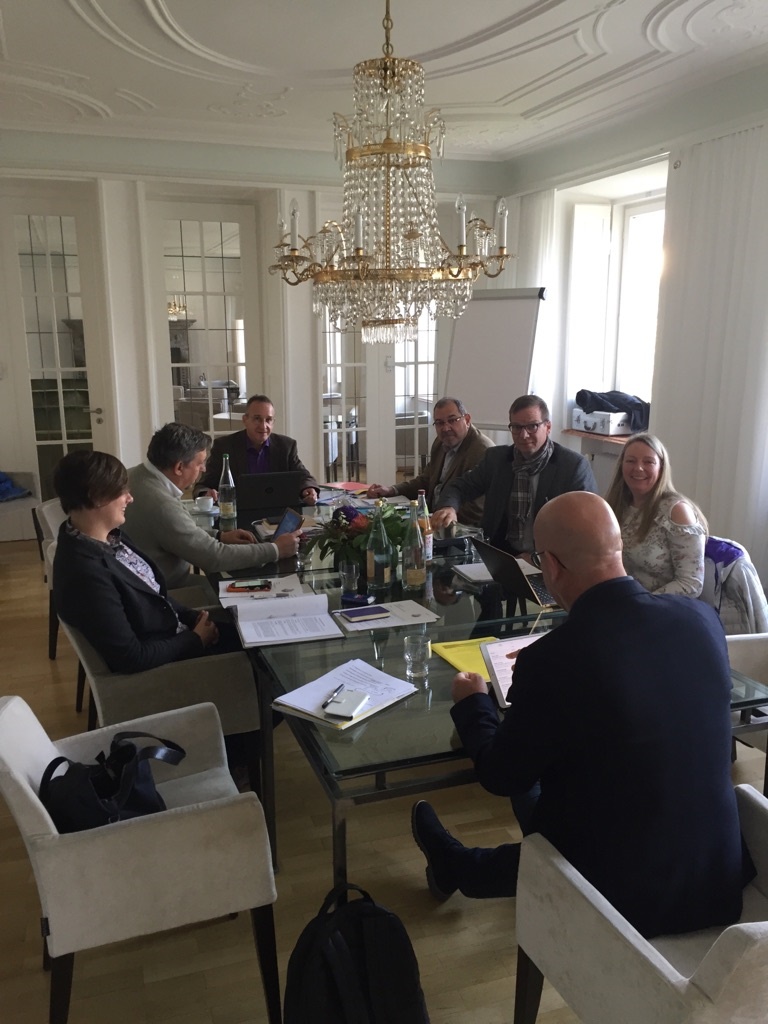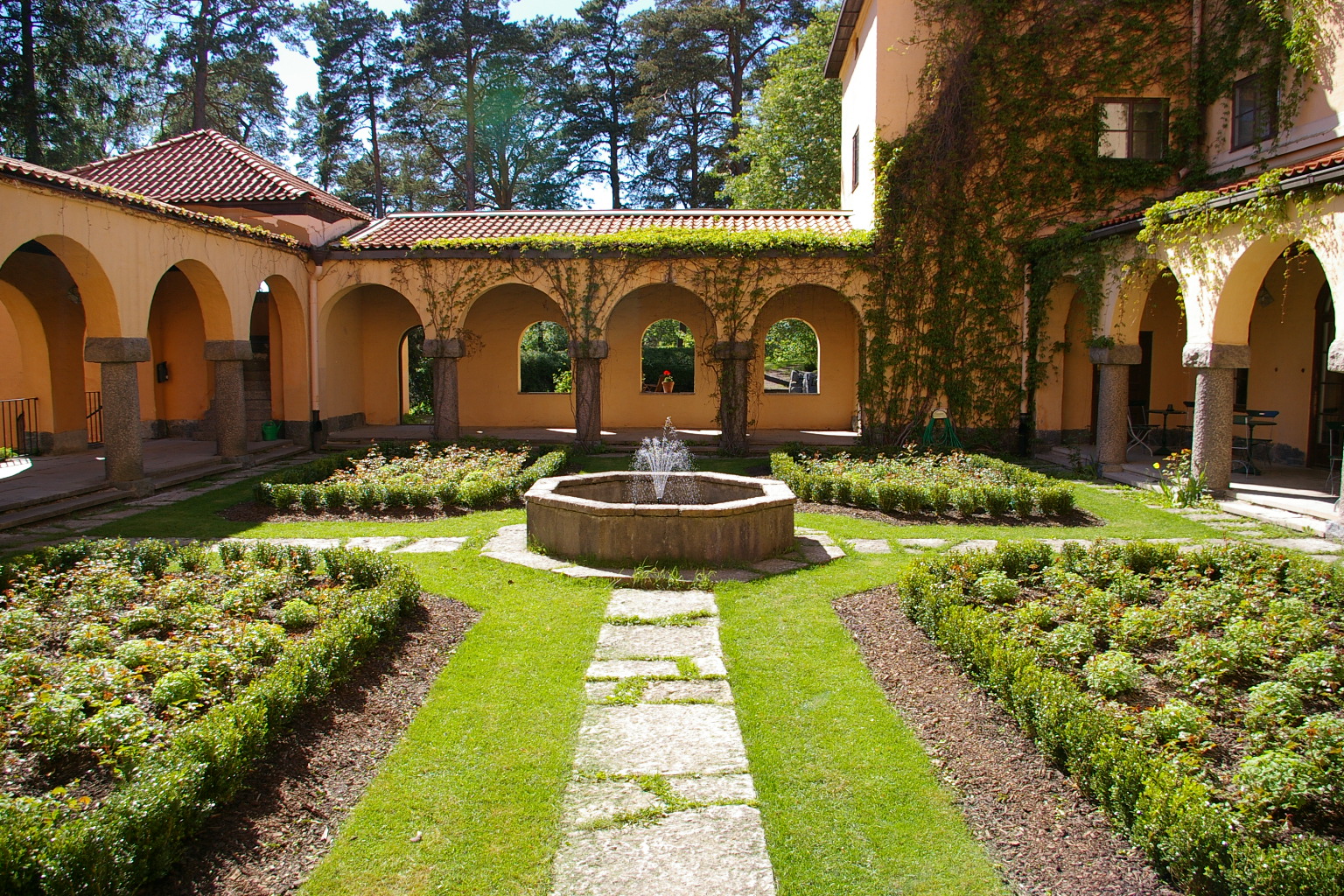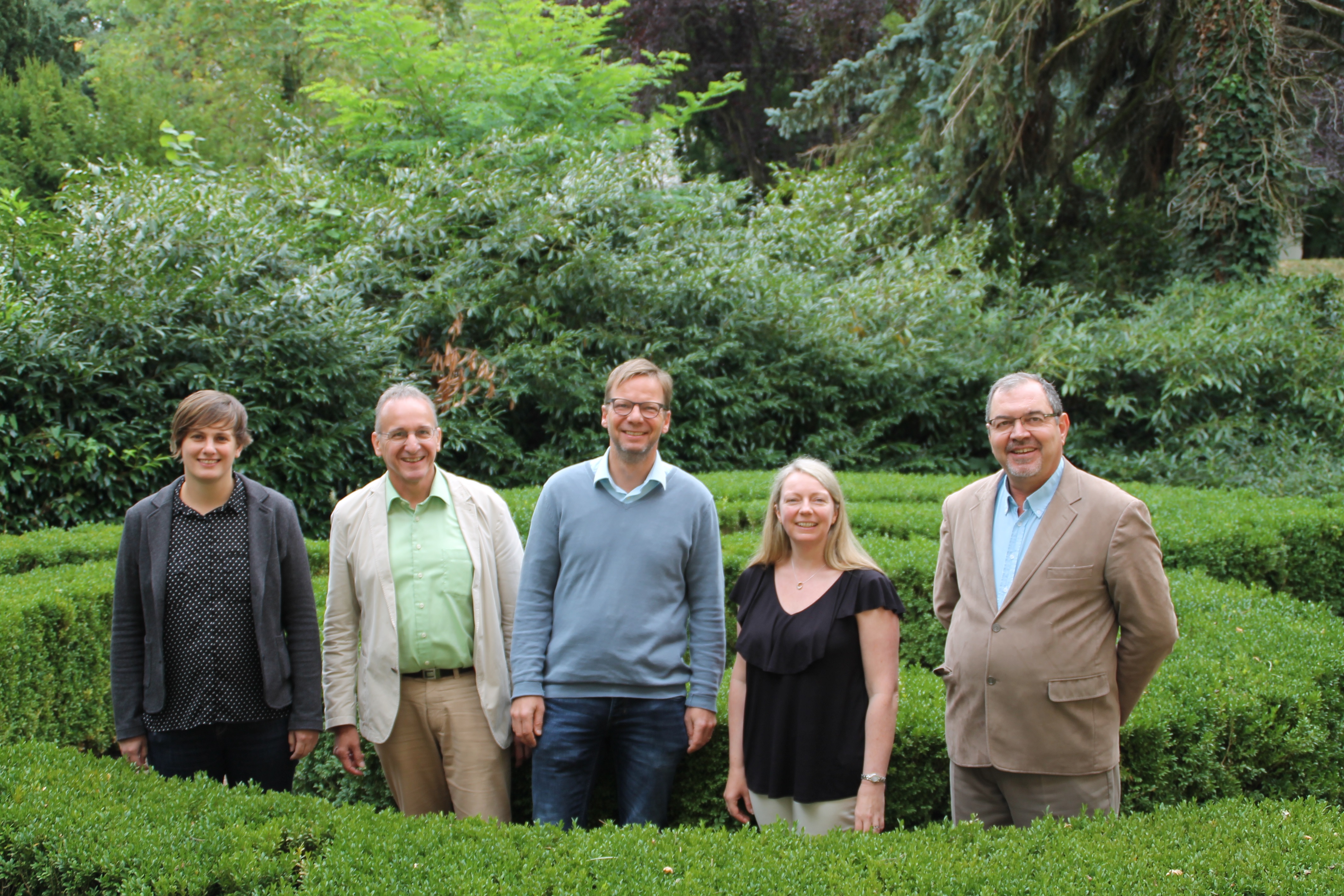By Walter Lüssi, president of Oikosnet Europe
Dear Colleagues, dear Members of Oikosnet Europe
Our Annual Conference took place in the Orthodoxe Academy of Crete which was founded fifty years ago. It was the right place to deal with our theme of the study day: “Europe with different eyes: The case of Greece for example”. Here Oikosnet Europe started to engage with Europe and its current problems in a new way. When I’m writing about this I’m very aware that we shall have to learn a lot in the next years. The social and political developments challenge us to make clear statements. But far beyond this: Given the fact that populism has become a new normal in Europe, we have to link our right to exist as a learning community with the question of whether we are able to find common positions based on our expertise and if we can make our voice heard.
Fifty years ago the Orthodox Academy of Crete played a pioneering role and stood from the very beginning for peace and reconciliation among churches and among people of different denominations and cultures. As a gift for the anniversary I was able to present the director of the Academy a special painting. It is a picture which says with colours and forms and with a few words only: Rethink! Rethink Europe. Help us to rethink Europe together – unlimited, making dreams true for us and for strangers. And let us create, as much as we can according to our faith, let us create not new walls, not a “Fortress Europe”, but a real community for all.
Crete was an important step towards a greater commitment which will not be one-dimensional but a joint European effort to develop a common democratic vision of our continent and to contribute to a Europe which needs again to become more human. Warmest thanks to all who has helped to make this step possible. We express our thanks to our host, the director and his staff of the Academy, to the invited experts, to the staff of Oikosnet Europe and to all participants.
Next year the Annual Conference will be held from September 11 till September 15 in the Agape Centro Ecumenico, Italy. We will have to deal again with “Europe with different eyes”, with the European civil societies and with the European dimension of other important issues like the increasing digitization of all areas of life or the field of artificial intelligence. Welcome to the two new Members of the Board of Okiosnet Europe, Kristin Gunleiksrud Raaum, Norway, as Vice President, and Karolína Silná, Czech Republic, as Treasurer. The renewed Board will involve the members active in the subject area and continue developing and strengthening the network of Oikosnet Europe.
